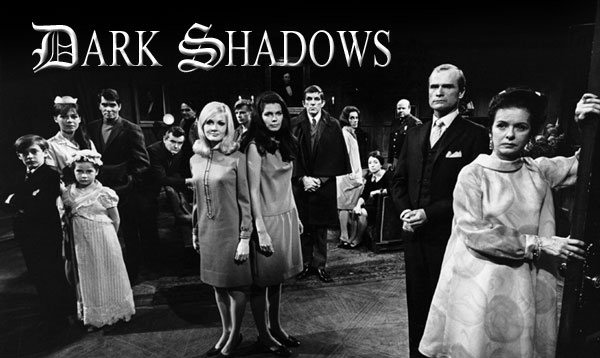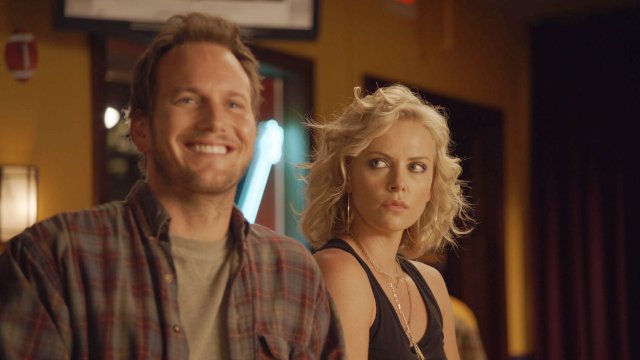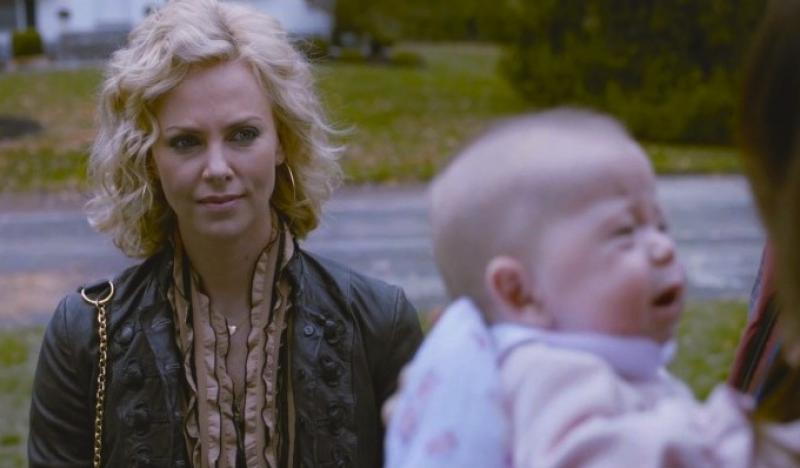Doing this has brought my attention to Max Manus's Norwegian film, "Kon-Tiki" (2012).The narrative tells a story that I was previously unfamiliar with: the 1947 expedition of the explorer Thor Heyerdahl from Peru to the Polynesian Islands across the Pacific Ocean. He did so in a mission to prove his scientific theory (that has since been proved incorrect) that South Americans travelled across the Pacific and settled on the Polynesian islands over 1,500 years ago. Heyerdahl and five other crew members built a raft out of natural resources, loaded it with basic essentials such as food and water, in the same way they believed the Southern Americans would of done those many years ago. In addition they brought modern technology like a radio, a film camera, a life boat and various other objects used to document the journey, items that undoubtedly never existed when the original travellers embarked on their travels. He named the raft the 'Kon-Tiki' after the Inca sun God, Viracocha-said to be the idol of the original settlers and whose face, painted on the rafts sail, looms over the new explorers as they take their deathly voyage across the Pacific.
But that's quite enough Wikipedia.
The trailer for the film is immense (watch below) and the story is one that definitely needs to be told. But broken down- five men, one raft...could get a bit like 'Open water', where the viewer gets bored and seasick just from watching two people bob around the ocean for what seems like an eternity, before they eventually get eaten by sharks. Then I remembered, this film not only has a point, but was written by someone with actual intelligence with a real story that's second to none. The film manages to paint a true portrayal of the struggles and mysteries of sea life. It is a film of substance rather than trying to turn the voyage into a cheap 'scary' horror film.
Even so, the audience still fears for the explorers life every second. It is a tense viewing experience. From the opening sequence when the protagonist falls into frozen water, right until the end when the raft just doesn't quite dock onto the islands as smoothly as planned. Whilst the audience watches every shot of the film thinking how insane these people must of been, the characters themselves seem to lead a very bohemian lifestyle on this raft. They all grow manly beards, get fantastic tans, play tunes on a guitar, write novels on typewriters and take lots of artistic film shots of the raft sailing, of them catching different types of fish and smoking tobacco (lets say it is, just for the kids). After all that, eventually Heyerdahl manages to prove the cynics wrong, and demonstrates that it is possible to sail from South America to the Polynesian Islands on a hand made raft, even if the Southern Americans never made this actual voyage in the first place. In any case, Heyerdahl came out with only a couple of scratches and an amazing story to tell the grandchildren. The actual Kon-Tiki raft can now be found in a museum in Oslo, if you were wondering.
Verdict: WATCH THIS FILM. TAKK (cheers).













